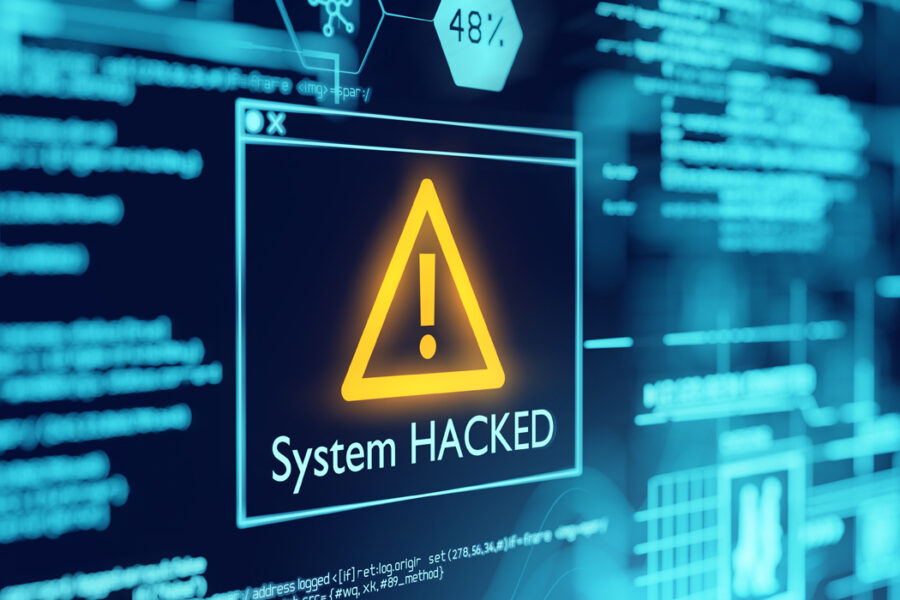Introduction:
Welcome to the official blog of the Law Offices of Kr. Vivek Tanwar Advocate and Associates, where we are dedicated to providing litigation support services for matters related to Cybercrime. In today’s blog post, we aim to shed light on the prevailing issues surrounding Cybercrime, the legal framework for their protection, and the steps we can take as a society to combat these acts. Join us as we explore this critical subject and empower you with the knowledge to protect your rights and safety.
Cyber law is like a set of rules for the internet and all the things related to it. It helps with issues like freedom of speech, privacy on the internet, and more. Some call it the ‘Internet Law. Common Cybercrimes are Crimes against People, Crimes against Property, and Crimes against the Government. Major Cybercrimes are Phishing Scams, Identity Theft, Denial of Service Attacks, Cyberstalking, and Invasion of Privacy.
History
The Information Technology Act, of 2000 started in India on October 17, 2000. It covers the whole country and even applies to things happening outside India if they have to do with computers or networks in India. The Act has 90 sections, and it deals with many types of cybercrimes.
Emerging Trends in Cyber Law
As technology changes, cyber law must change too:
- Data Protection Laws: Stronger laws to keep your personal data safe.
- Artificial Intelligence and Machine Learning: Using smart computers to fight online crimes.
- Internet of Things (IoT): Rules for things like smart fridges and thermostats.
- Blockchain Technology: Rules to keep data safe.
Key Offenses
There are some rules in cyber law:
- Section 65: Changing computer documents can lead to prison for up to three years or a fine of up to Rs. 200,000.
- Section 66: Hacking to hurt people can lead to prison for up to three years or a fine of up to Rs. 500,000.
- Section 66B: Receiving stolen computers or communication devices can lead to prison for up to three years or a fine of up to Rs. 100,000.
- Section 66C: Using someone else’s password or signature can lead to prison for up to three years or a fine of up to Rs. 100,000.
- Section 66D: Cheating using computer resources can get you to prison for up to three years or a fine of up to Rs. 100,000.
- Section 66E: Sharing private images of others without permission can lead to prison for up to three years or a fine of up to Rs. 200,000.
- Section 66F: Doing cyber terrorism, like threatening India’s safety, can lead to life in prison.
- Section 67: Sharing dirty stuff online can lead to prison for up to five years or a fine of up to Rs. 1,000,000.
- Section 67A: Sharing sexual stuff can lead to prison for up to seven years or a fine of up to Rs. 1,000,000.
- Section 67B: Sharing child porn or hurting kids online can lead to prison for up to seven years and a fine of up to Rs. 1,000,000 on a second conviction.
Approaches
- Criminal Law Approach: Treating cybercrimes as regular crimes with laws and punishments.
- Civil Law Approach: Solving problems between people or groups using laws.
- Privacy and Data Protection Approach: Making rules to keep personal data safe, like the GDPR.
- Regulatory Approach: Making rules to control the internet and companies.
- National Security and Cybersecurity Approach: Protecting India’s important stuff from cyber threats.
- International Cooperation and Treaties: Working with other countries to stop cybercrimes.
- Self-Regulation and Industry Standards: Businesses make their own rules to be safe.
- Free Speech and Internet Freedom Approach: Keeping online freedom while stopping bad things like hate speech.
- Education and Awareness Approach: Teaching people to be safe online.
- Ethical Hacking and Responsible Disclosure: Protecting hackers who help find and fix problems.
Criticism
- Section 66A: This section got criticism for stopping free speech. It was later declared not okay by the Supreme Court.
- Strict Data Privacy Rules: Some think the data privacy rules in the Act are too strict, especially for U.S. companies working with Indian ones.
- Mandatory Decryption (Section 69): This section lets people look at your information and makes you decode it. It can be used for safety, but some people worry it takes away privacy..
Conclusion
Cyber law in India has many challenges because online crimes keep changing. To fight these crimes, police need special training and tools. It’s also harder to investigate and stop online crimes because they use secret codes. Not everyone gets hurt by online crimes, but everyone needs to know how to stay safe online.
We are a law firm in the name and style of Law Offices of Kr. Vivek Tanwar Advocate and Associates at Gurugram and Rewari. We are providing litigation support services for matters related to CyberLaws.

